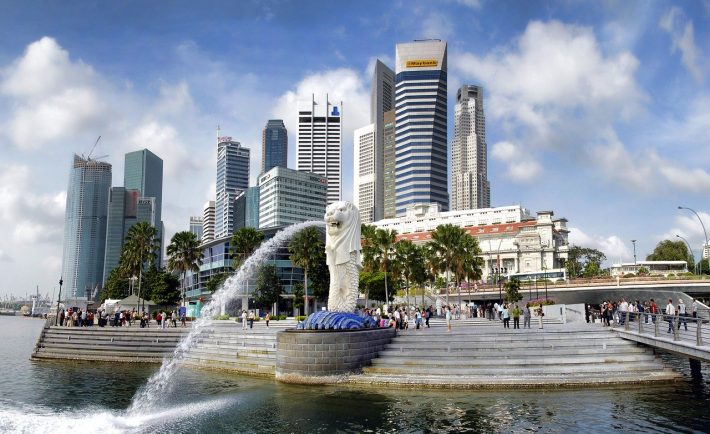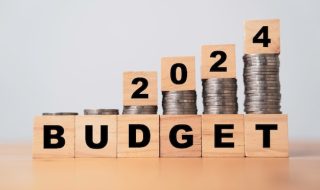
There is no country that has faced the financial turmoil of 2019 quite like Singapore, and while uncertainty has affected many countries over the past few years, Singapore has been hit the hardest. One of the key words used to describe how their economy looks for 2020 is uncertain and ‘tepid’, but how true is that going to be? There are fears that a recession is coming – but why, and how will it affect you?
If you’re in the trading industry, now would be the time to reconsider some of your stocks and shares, depending on what type of trade you’re working on. It’s important to remember that trading is different and varies depending on what type you’re looking into, but the best way to understand what to do with your stocks going into 2020 is to thoroughly research trading.
The stock market is likely to face both spikes and drops throughout the year. However, while it is likely to have a knock-on effect to those who contribute to the economy, for people who trade solo, it may not have completely negative connotations. CFD (Contracts for Difference) trading could result in profits if the financial market does continue to drop. Those who take part in this particular type of trading have the ability to trade and make a profit on markets that are failing.
Although those looking to get the most from CFD could see perks, most traders and many citizens would see a fall in their finances – but nothing is final. Although it’s likely that Singapore’s economic situation is going to drop substantially, it is possible to come back from it – which relates back to the uncertainty.
According to The Straits Times, growth in Singapore would be uneven because of the expanding uncertainty of the country. The publication reported that economists have deemed a rebound unlikely – but there are expectations for slow growth. There are still risks surrounding upcoming trades, but the country could bounce back – and as a trader, it’s important to keep an eye on the adapting economy.
Singapore is likely to hit a recession, but there is the opportunity of recovery coming up. In 2018, the economy had a growth of 3.1%, which shrunk to 1.9% in 2019 – but it’s likely to rise to 2.2% in 2020. Although the growth is small, it’s likely to start sending Singapore on the right track again, which means if they do hit a recession, it shouldn’t be a long-term issue.
The manufacturing sector is one of the largest in Singapore, and that’s likely to continue growing, which should bring the economy back on track. Although there is still space for growth elsewhere, it seems to be manufacturing that is likely to carry Singapore through 2020.




